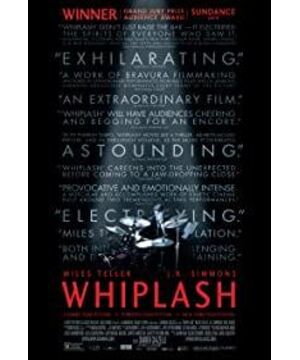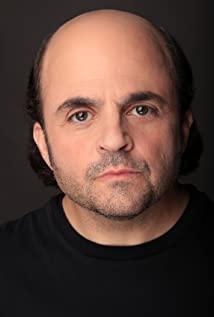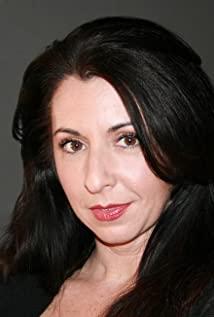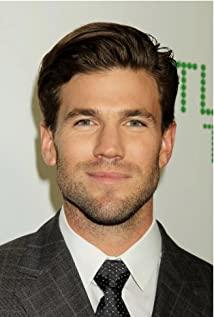The most terrible sentence in the whole movie is "Because the next Charlie Parker would never be discouraged." This dialogue was spoken by Fletcher during the conversation after Andrew and Fletcher reunited. He talked there about how the ridicule and insult of others forced those "geniuses" to become talents. He told the story of Charlie Parker that appeared many times in the film ("Jo Jones threw a cymbal at his head", Jo Jones threw a cymbal on his head, and then Charlie became a talent). Andrew got a little confused here, he asked:
But is there a line? You know, maybe you go too far, and you discourage the next Charlie Parker from ever becoming Charlie Parker?
Here, his point of view is completely correct: a certain incentive ( In other words, "whipping," as the name of this film does) will make people move forward, but if you go too far, it may be counterproductive. There is a line here. How did our teacher Fletcher answer? He said:
No, man, no. Because the next Charlie Parker would never be discouraged.
Teacher Fletcher’s logic is this: I don’t need boundaries, anyway, I will fix you to death. If you are the next Charlie Parker, then You will not be discouraged at all; if you are discouraged, it only means that you are not Charlie Parker.
This is so cruel and ignorant logic that I was shocked that it actually appeared in a positive image in the film. Yes, the next Charlie Parker may not be discouraged, but many other people were played by you and went home a long time ago. Among these people, it is entirely possible that there are talented musicians who are not talented under Charlie Parker. You know, whether a person is discouraged or not is only related to what kind of pressure he can withstand, and has nothing to do with his musical talent.
Here we are going to talk about a concept I mentioned in an article, "survivorship bias". "The dead can't speak" (the dead can't speak). When we are doing statistics, we must pay attention to whether the statistical process has invisibly screened out some survey subjects. To give a simple example, if you ask people who go to the temple to burn incense and worship Buddha, if burning incense and worship the Buddha is not working, the answer is very likely to be affirmative, because people who think that they are not working will not worship at all. That is to say, in addition to the sample we selected (who burn incense and worship Buddha), there are some "dead data" (people who no longer burn incense because they are not working well), which causes the sample to be unrepresentative and the statistical results are biased.
Returning to Fletcher's fatal sentence: "[T]he next Charlie Parker would never be discouraged", we can now see that this is a complete nonsense. We can only see that the next Charlie Parker has experienced a heavy blow and still persists, eventually becoming a genius musician, but it is impossible to see countless other Charles and Charter Parker frustrated because of these crude education methods, and have since given up the road to music. ——Those who have given up, those who have been "discouraged", will not enter our field of vision at all.
We often pay attention to the experience of success, but ignore the lessons of failure, because the winners are always shining, but the losers are unknown. Even Charlie Parker, who was thrown over the cymbal by Jo Jones, was there no one to encourage him along the way of his growth? The self-righteous Fletcher pretended to "I was there to push people beyond what's expected of them", but didn't know how many people would say goodbye to them forever by his lack of respect and care.
The most unbearable scene in the film is when Fletcher and Andrew match the rhythm. Every time Andrew makes a mistake, Fletcher slaps him. If I were Andrew at the time, I would break the drumstick on Fletcher's light head. Music is something to lift the soul and not trample on it.
View more about Whiplash reviews











